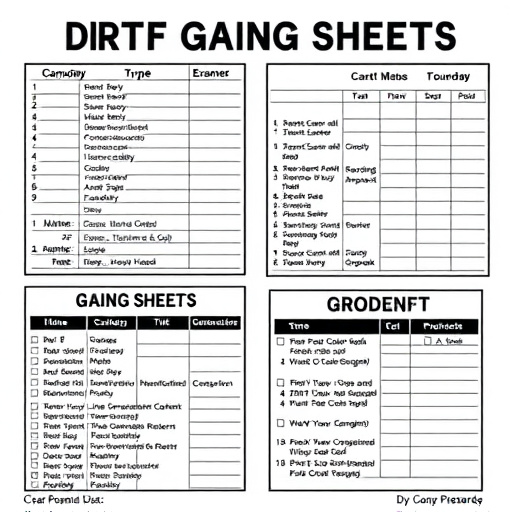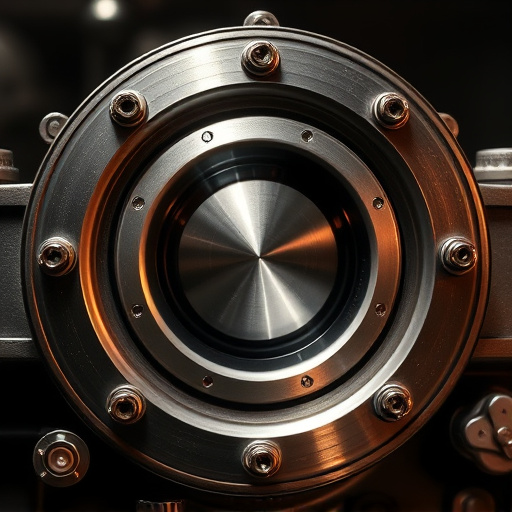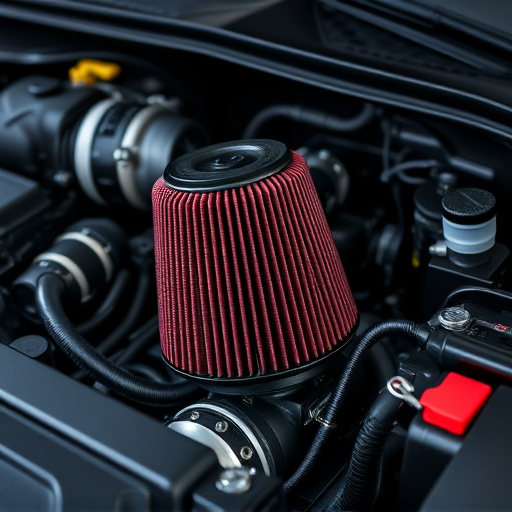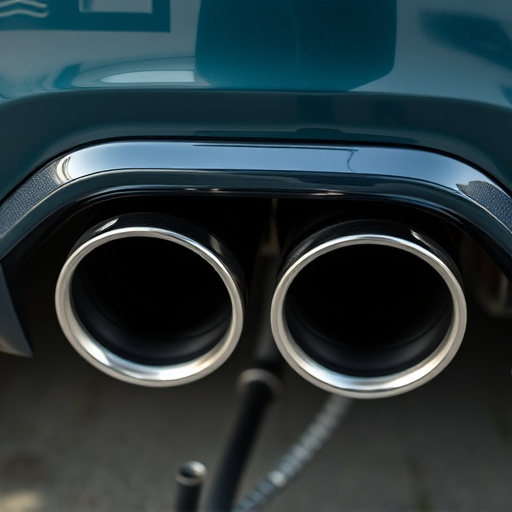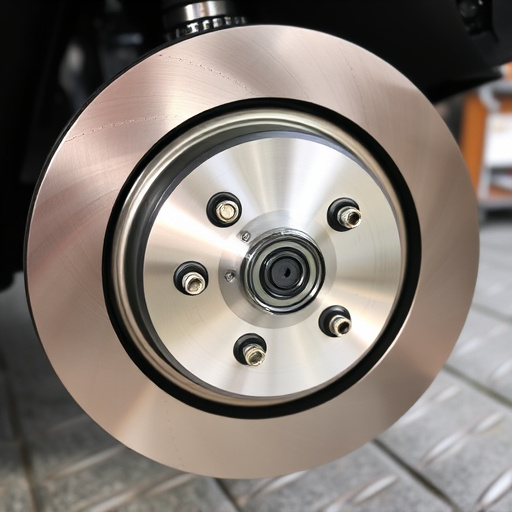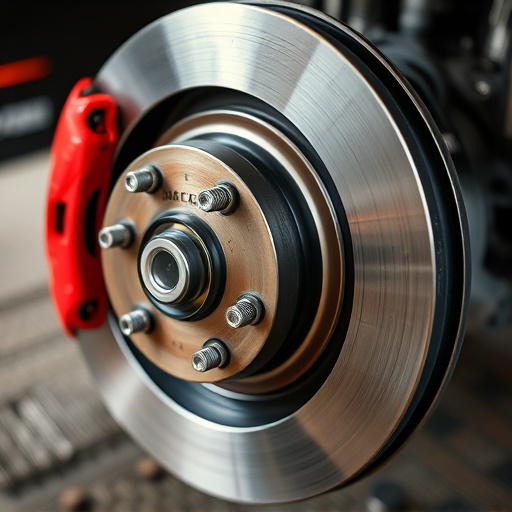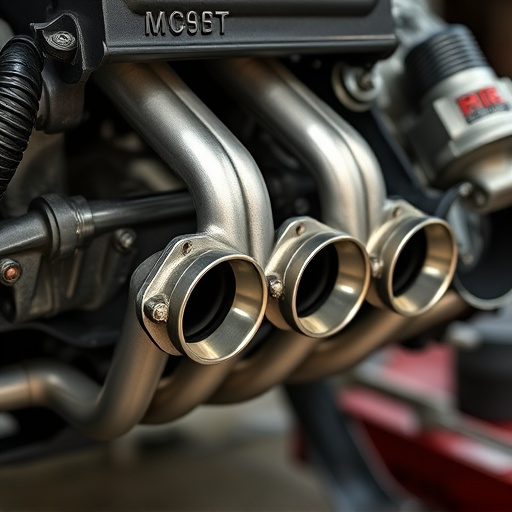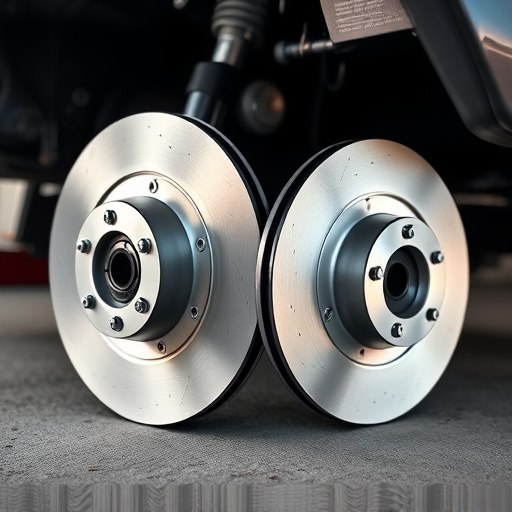Exhaust systems for cars vary in type, offering different performance and noise characteristics. Stock systems balance performance and noise control, while aftermarket options enhance power, torque, and sound. Selection should match vehicle make/model for compatibility, consider driving style (performance vs. noise reduction), and include components for optimal dynamics. This text explores benefits and drawbacks of popular exhaust designs, emphasizing their impact on vehicle performance.
Are you in the market for an exhaust system upgrade? Choosing the right one can enhance your vehicle’s performance and driving experience. This guide will help you navigate the options, as understanding different exhaust system types is key to making an informed decision. From performance-focused sports cars to daily drivers, various factors influence the best choice. We’ll explore these considerations and unravel the benefits and drawbacks of each exhaust type, empowering you to select the perfect fit for your car.
- Understanding Different Exhaust System Types
- Factors to Consider When Choosing an Exhaust System
- Performance Benefits and Trade-offs of Each Type
Understanding Different Exhaust System Types
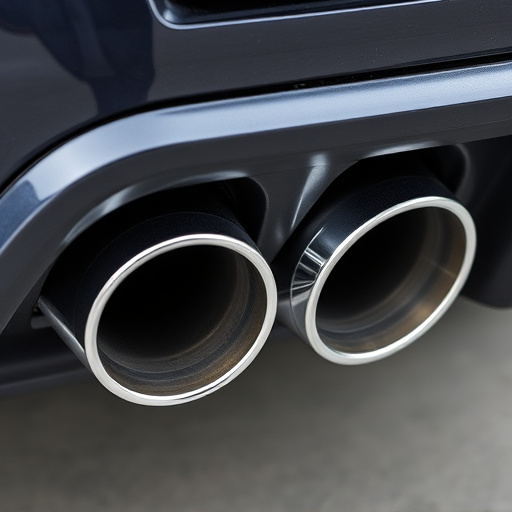
Exhaust systems for cars come in various types, each designed to serve different purposes and enhance specific aspects of vehicle performance. Understanding these differences is crucial when choosing an exhaust system that aligns with your driving needs and preferences. The most common types include stock or factory-fitted systems, which are standard equipment on new vehicles and known for their balance between performance and noise levels.
For those seeking enhanced power and a more aggressive sound, aftermarket exhaust systems offer a range of options. These can involve replacing the entire system with custom-designed pipes, tips, and mufflers, or adding performance-oriented components like high-flow catalytic converters and bypass valves. Unlike stock systems that prioritize efficiency and quiet operation, aftermarket setups often prioritize increased horsepower, torque, and distinctive noise, taking into account such factors as brake rotors, intake components, and overall vehicle dynamics.
Factors to Consider When Choosing an Exhaust System
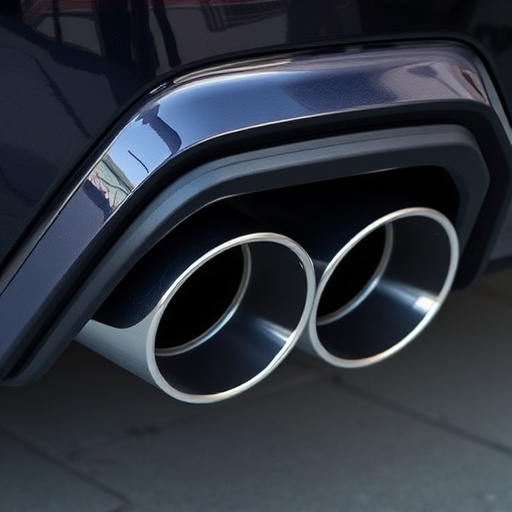
When choosing an exhaust system for your car, several factors come into play. Firstly, consider the exhaust systems for cars that best suit your vehicle’s make and model. Not all exhaust systems are created equal; some are designed to enhance vehicle performance, while others focus on sound modulation or weight reduction. Secondly, think about your driving style and needs. If you’re a performance enthusiast, high-flow exhaust mufflers might be ideal, allowing for better gas flow and potentially boosting horsepower. Conversely, if noise levels are a concern, consider quieter systems that use advanced sound-dampening technology to reduce exhaust noise without compromising on vehicle performance.
Performance Benefits and Trade-offs of Each Type
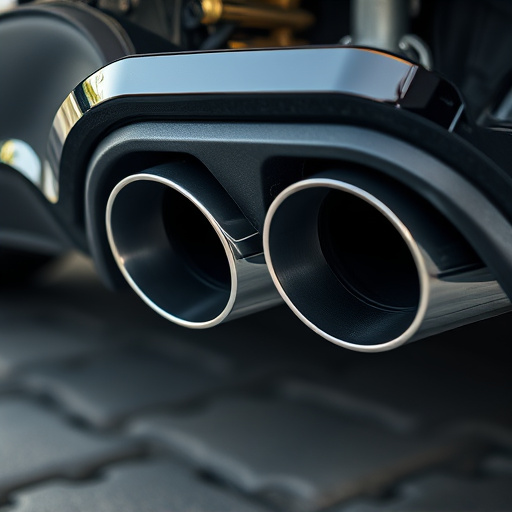
When it comes to exhaust systems for cars, each type offers unique advantages and considerations that can significantly impact vehicle performance. Let’s explore the performance benefits and trade-offs of popular exhaust system designs.
Direct-fit replacement exhaust systems are a straightforward upgrade, offering improved flow and reduced backpressure, which can lead to increased horsepower and torque. They typically include all necessary components, making installation simple and hassle-free. However, they might not provide the same level of noise reduction or customization compared to other types. Exhaust mufflers, as a standalone component, are excellent at dampening noise, ensuring a quieter ride without compromising power. While they can enhance vehicle performance by reducing backpressure, their primary focus is on comfort rather than peak power gains. Conversely, high-flow exhaust systems prioritize airflow, often employing larger diameter pipes and optimized components to maximize gas flow. These systems excel in boosting air filter kits for improved engine breathing, resulting in enhanced acceleration and top-end speed, but they may produce a more aggressive sound and require tuning for optimal results.
When selecting an exhaust system for your car, understanding the various types and their unique characteristics is key. Whether you prioritize performance, sound, weight reduction, or fuel efficiency, each exhaust system design offers distinct advantages and drawbacks. By weighing important factors like material quality, noise levels, backpressure, and price point, you can make an informed decision that enhances your vehicle’s overall performance and tailored to your driving preferences. Invest in the right exhaust system, and experience the difference it makes on the road.







